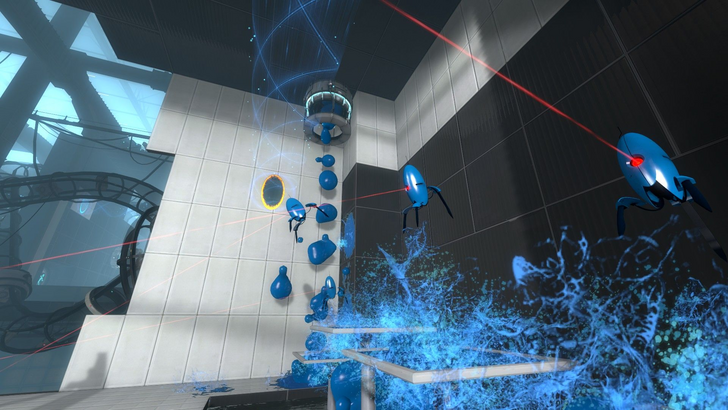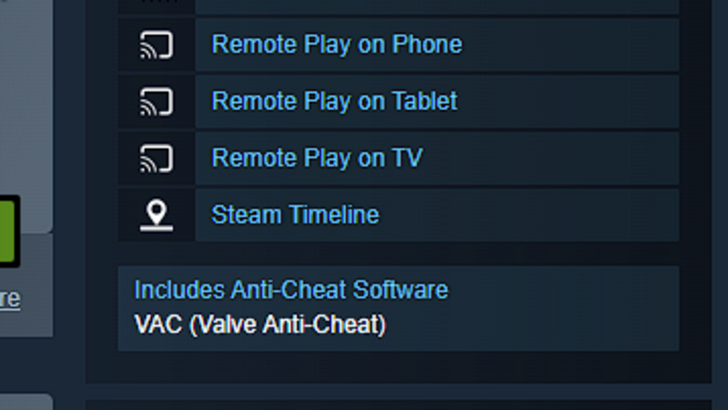
Steam is now requiring all developers to indicate whether their game uses the divisive Kernel mode anti-cheat system. Read on to learn more about Steam’s changes to its platform and Kernel Mode Anti-cheat.
Steam Unveils New Tool for Describing Anti-Cheat in GamesKernel Mode Anti-Cheat Must Be Indicated, Steam Says

In a recent update on the Steam News Hub, Valve announced a new feature for developers to disclose the use of anti-cheat systems in their games, aiming to address both developer needs and player transparency. This new option, available in the "Edit Store Page" section on the Steamworks API, allows developers to indicate whether their games use any form of anti-cheat software.
For client or server-based anti-cheat systems that aren’t kernel-based, this disclosure remains entirely optional. However, games using kernel-mode anti-cheat must indicate its presence—a step likely intended to address growing community concerns about these systems' intrusiveness.

Kernel-mode anti-cheat software, which detects malicious activity by examining processes directly on a player’s device, has been a controversial topic since its introduction. Unlike traditional anti-cheat systems that monitor for suspicious patterns within a game environment, kernel-mode solutions access low-level system data, which some players worry might affect device performance or compromise security and privacy.
Valve’s update appears to be a response to ongoing feedback from both developers and players. Developers have been looking for a straightforward way to communicate anti-cheat details to their audience, while players have called for greater transparency on anti-cheat services and any additional software installations required by games.

In an official statement on the Steamworks blog post, Valve explained, "We’ve heard from more and more developers recently that they’re looking for the right way to share anti-cheat information about their game with players. At the same time, players have been requesting more transparency around the anti-cheat services used in games, as well as the existence of any additional software that will be installed within the game."
This change not only simplifies communication for developers but also reassures players, offering them clearer insights into the software practices employed by games on the platform.
Initial Comments are as Divisive as Kernel Mode Anti-Cheat

The announcement of Steam’s latest feature update, which rolled out on October 31, 2024, at 3:09 a.m. CST, is already live and in action. Counter-Strike 2's Steam page, pictured above, now prominently displays its use of Valve Anti-Cheat (VAC) to reflect this change.
Community reactions have been largely positive, with many users praising Valve for its "pro-consumer" approach. However, the update’s rollout hasn’t been without its critics. Some community members took to the comments to nitpick grammar inconsistencies in the field’s display and found Valve’s wording—particularly the use of "old" to describe past games that might update this information—awkward.

In addition, some players raised practical questions about the feature, asking how anti-cheat labels will handle language translations or what qualifies as "client-side kernel-mode" anti-cheat. PunkBuster, a frequently debated anti-cheat solution, was one notable example. Others took the chance to discuss the ongoing concerns surrounding kernel-mode anti-cheat, a system still seen by some as overly invasive.
Regardless of this initial reaction, Valve seems to be dedicated to continuing their pro-consumer platform changes, as evidenced by their transparency regarding a recent law passed in California meant to protect consumers and combat false and misleading advertising of digital goods.
Whether this will assuage the community's apprehension at the continued use of kernel mode anti-cheat remains to be seen.

